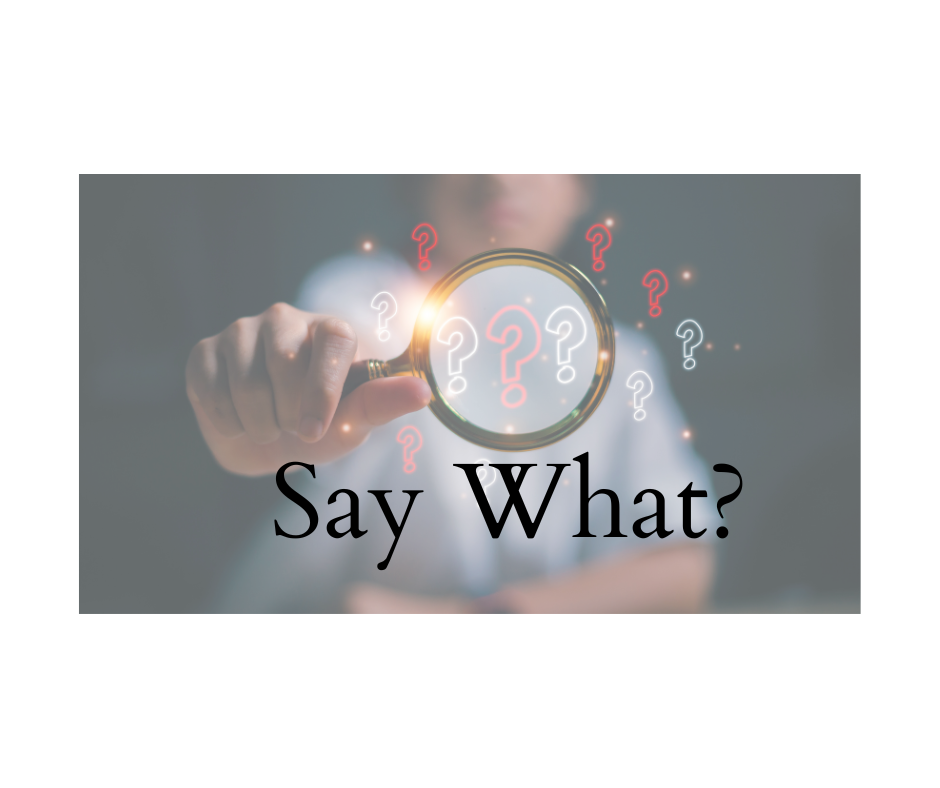Rules for open and closed hyphenation
One hyphenation rule that you can almost take to the bank is this one: when you use a compound adjective (or phrasal adjective) before a noun, use a hyphen. When the phrasal adjective comes after the noun, it is usually open. See how this plays out with various parts of speech:
- Middle-class neighborhood, but the neighborhood is middle class (adjective + noun)
- Open-ended question, but the question was open ended (adjective + participle)
- Much-needed rain, but rain was much needed (adverb + participle or adjective)
But adverbs ending in ly + participle or adjective are almost always open whether they are used before or after a noun.
- Overly protective mother
- Highly skilled employees
Likewise, compounds with more, most, less, least, and very are usually open unless the meaning could be confused.
- Most literate employees (referring to number of employees)
- Most-literate employees (referring to literacy capacity)
Rules with participles:
- Flag-waving citizen, but citizens waving flags (noun + participle)
- Cutting-edge technology, but technology is cutting edge. (participle + noun)
Participle + up, out, and similar adverbs:
- Fired-up employees, but employees were fired up.
- Tuckered-out children, but children were tuckered out.
You can see there is a general rule here. When you place the compound after a noun, you usually leave it in open construction. When it comes before the noun, it’s usually closed.
But always double check the word in your dictionary to make sure it’s not one of those exceptions to the rule, which is a common occurrence in the English language.








Man, I always have trouble with hyphens. I still have a hard time wrangling them in, but this will help me out some. Now if only I could word well…hmm…
Thanks for sharing this, much appreciated!
I tend to wing it when it comes to the rules of hyphenation (in this internet age).
Too often, my auto-correct is dying to tell me to change words like Facebook to Face-book and so on.
I have a copy of your book and enjoy just reading through it. (As opposed to only looking up specific things.) Thanks for this concise reminder about hyphenation.
This is great. Thanks so much for posting this!
Also, how does it work with verbs? For instance, would you say “We absent-mindedly visited an elderly woman” or “We absent mindedly visited an elderly woman”?
Actually, it’s “absentmindedly” as one word. First look up the word in the M-W Collegiate 11th Edition to see if it’s listed already. If not, usually you will hyphenate any compound that is describing a noun following.
Webster’s says “well-advised” is hyphenated:
https://www.merriam-webster.com/dictionary/well-advised
CMOS uses well advised. Of course, if you are using it as a compound to modify a noun, it would be hyphenated: a well-advised course. An ill-advised plan.
Yes, CMOS is a bit confusing that way. 7.81 (17th ed.) says the “first place to look” is the dictionary, but 7.85 says that when compounds follow the noun, hyphenation is “usually unnecessary”–even when the compounds are hyphenated in Webster’s.
However, following the dictionary is not incorrect, and offers a simpler rule, for most, than determining the “unusual” case.
One of those gray areas!
I want to know how to use this rule for one-on-one.
EXAMPLE
“The Community Open House provides the public the opportunity to speak one-on-one with staff about the proposed project and provide input.”
I believe in this instance, one-on-one requires hyphens. My colleague believes otherwise. She says that hyphens are only needed if it’s a compound modifier. The internet and grammar websites can’t even agree on this. Most I researched stated that it should be hyphenated.
Please help with an explanation of the proper use of hyphens with one on one. Thanks!
It’s one-on-one (adverb or adjective). The US style uses Merriam-Webster’s Collegiate 11th edition, so you might pick that up. I purchased the online one ($20) and have it on all my computers, open all the time (since I edit professionally). You can look stuff up! There is never any consistency. For example, you write face-to-face but side to side (no hyphens). Also if you Google Chicago Manual of Style Hyphenation Chart, you can grab the chart and print it out. A very handy reference that is thorough.
Very helpful! Thank you!
I have this sentence: “The elements had prepared the field with their activities performed in the sacred spirit-of-dedication.”
I am wondering if spirit-of-dedication needs hyphenation. Kindly tell…
Nope, you don’t need any hyphens since the phrase isn’t modifying a noun. You would in this instance: a spirit-of-dedication dance (or you could put those three words in quotes–either way is fine).
Many thanks. Value your taking the time to respond.
I wonder if you can advise me – does stress-less lifestyle – need a hyphen when talking about having a lifestyle with less stress.
Yes. When you create a compound adjective (two words to describe a noun), the rule is normally to hyphenate. So you would say, “She has a stress-free lifestyle.”